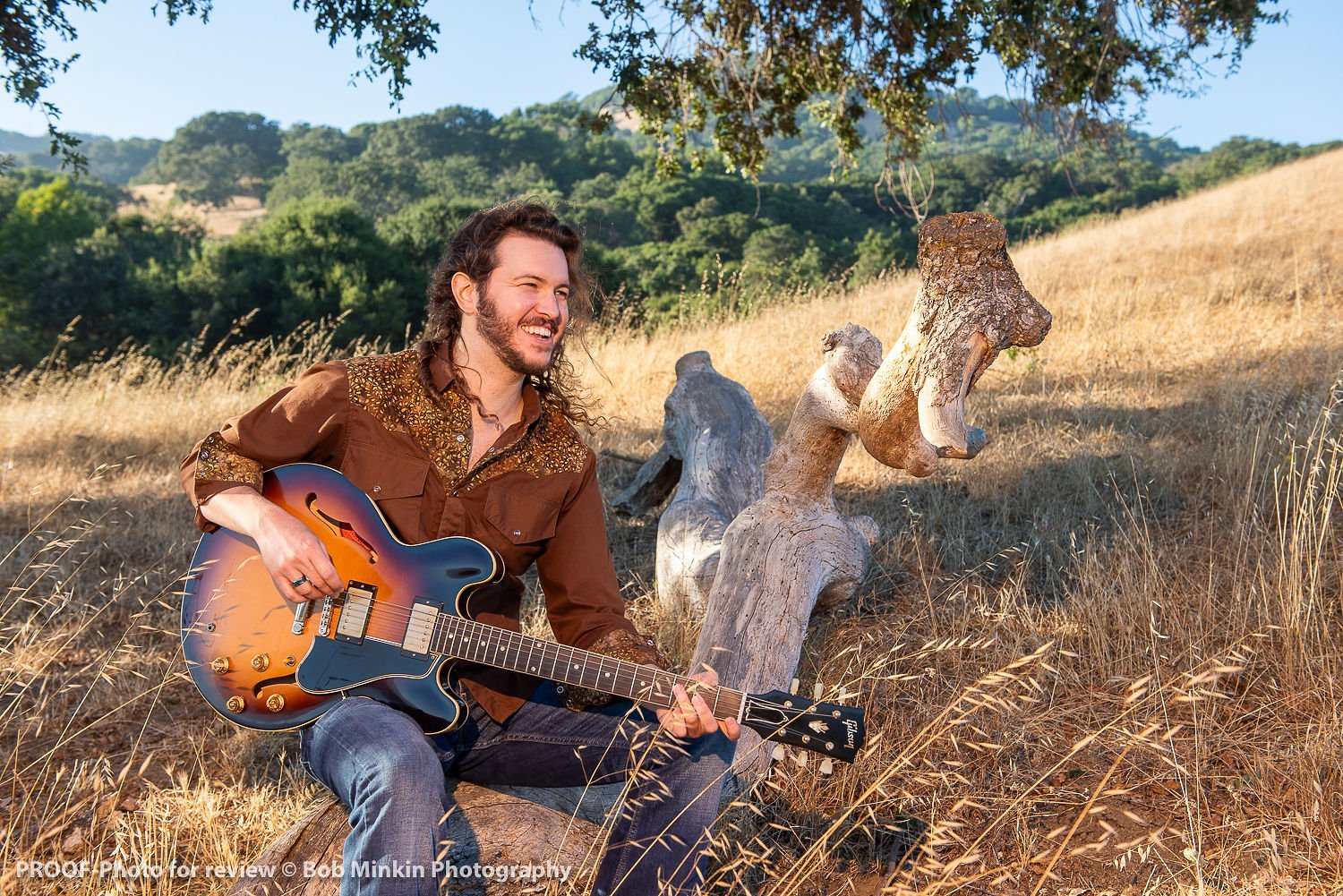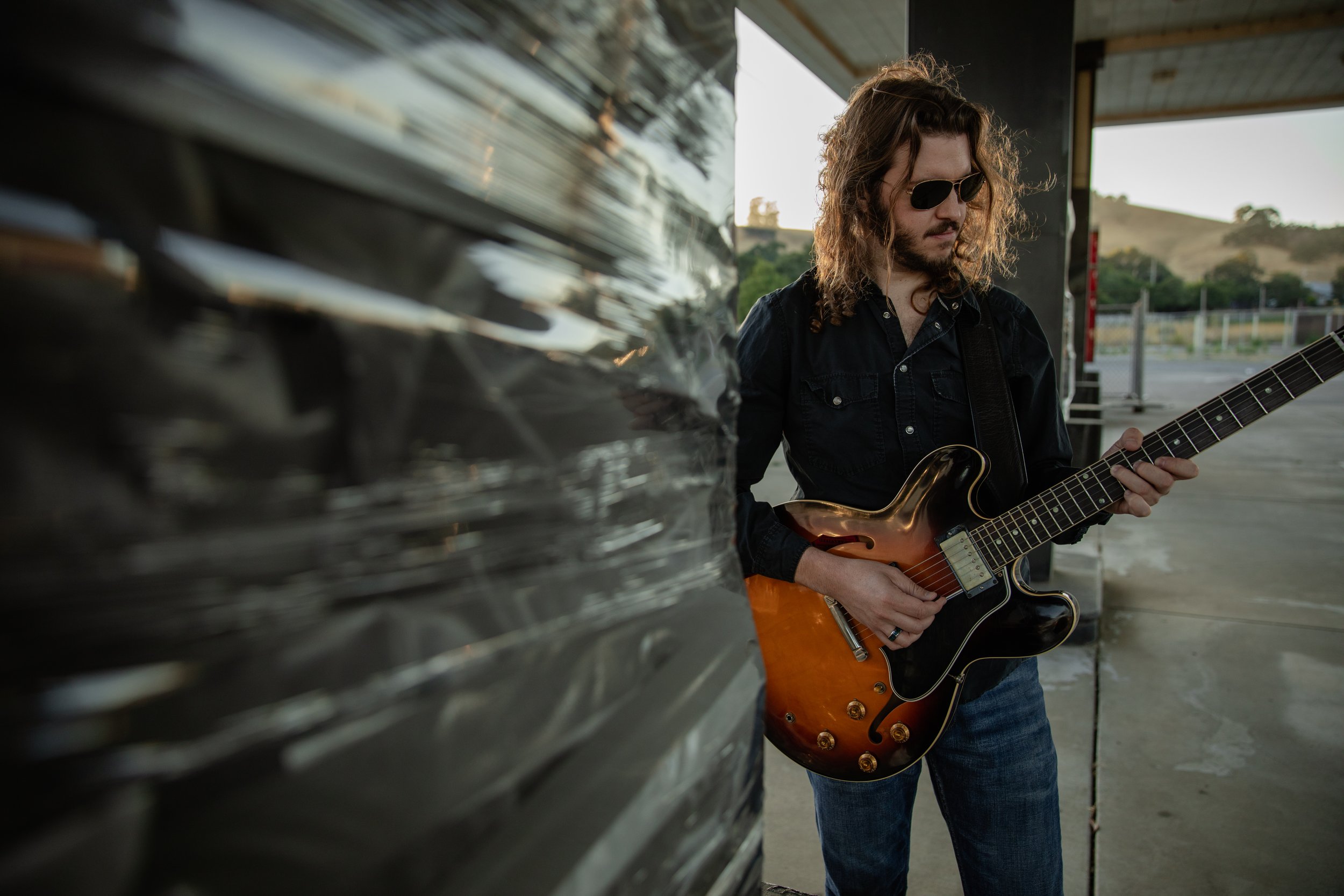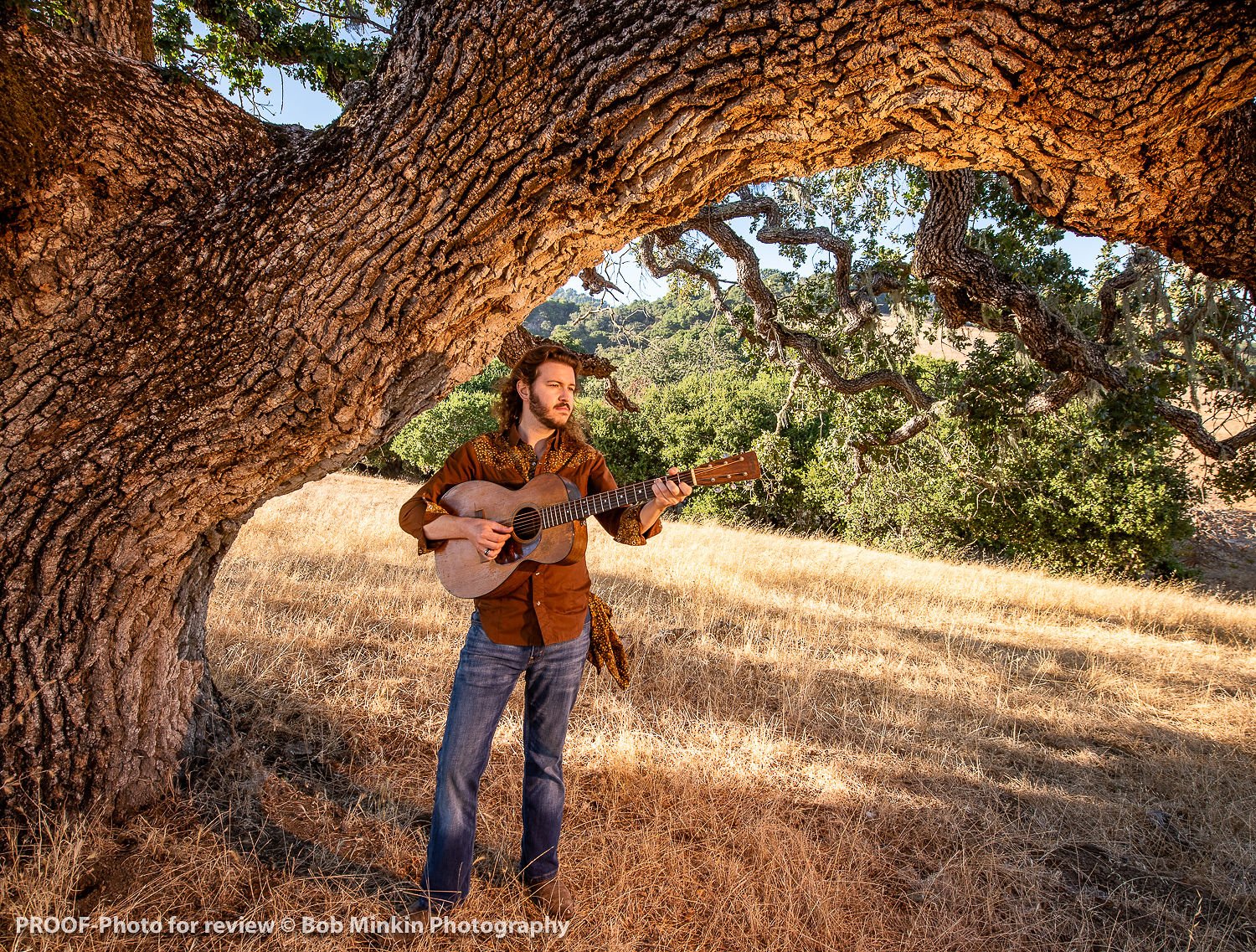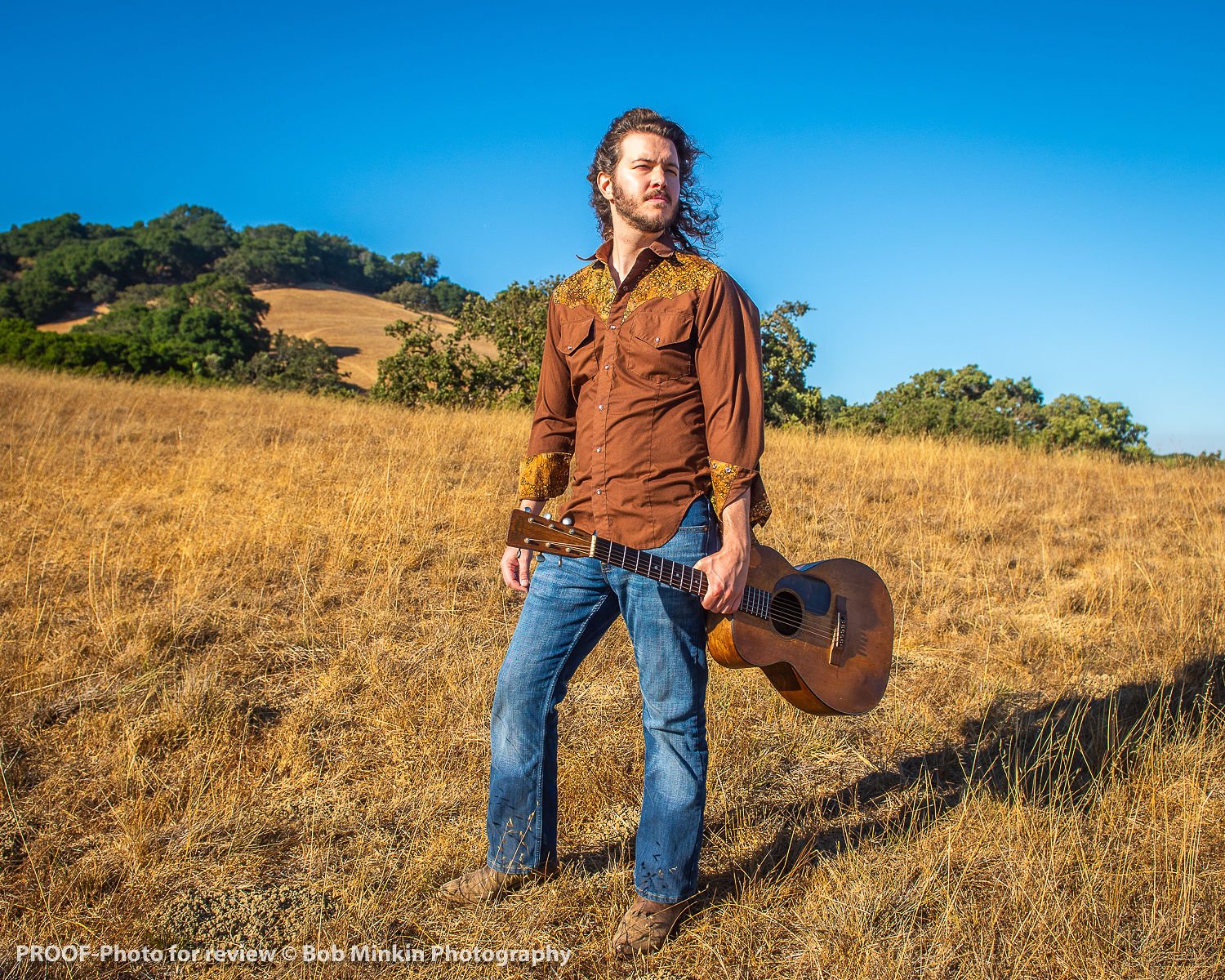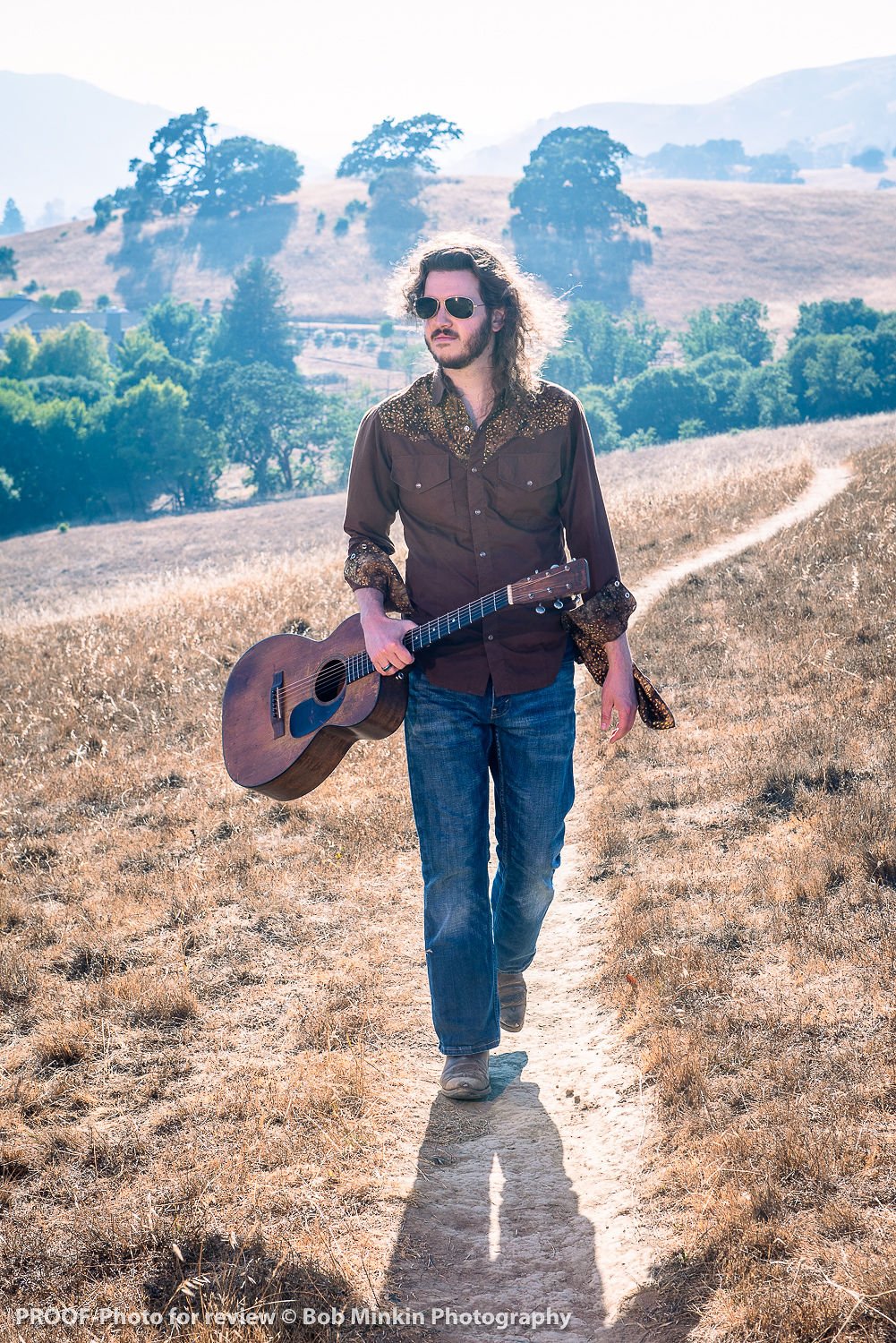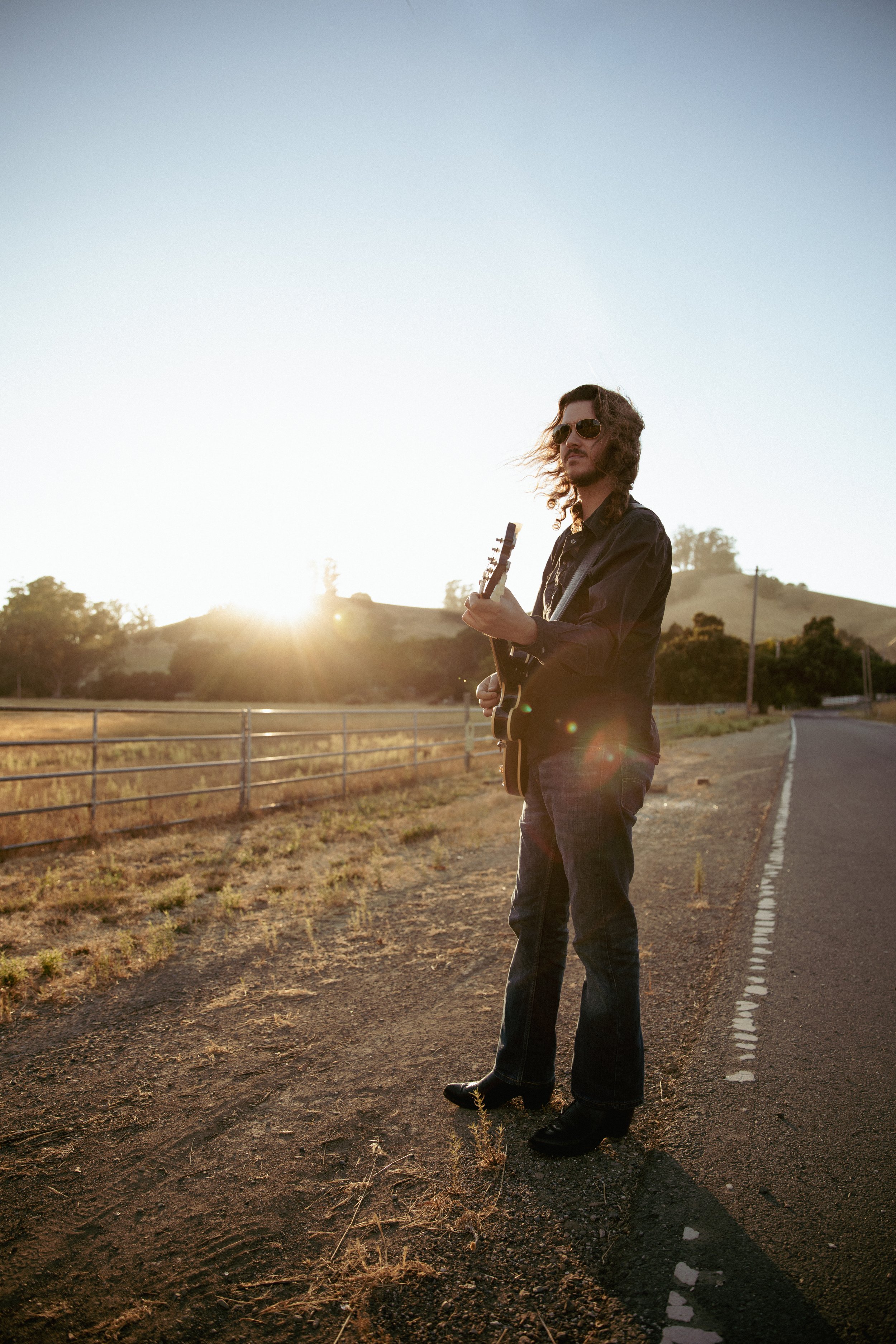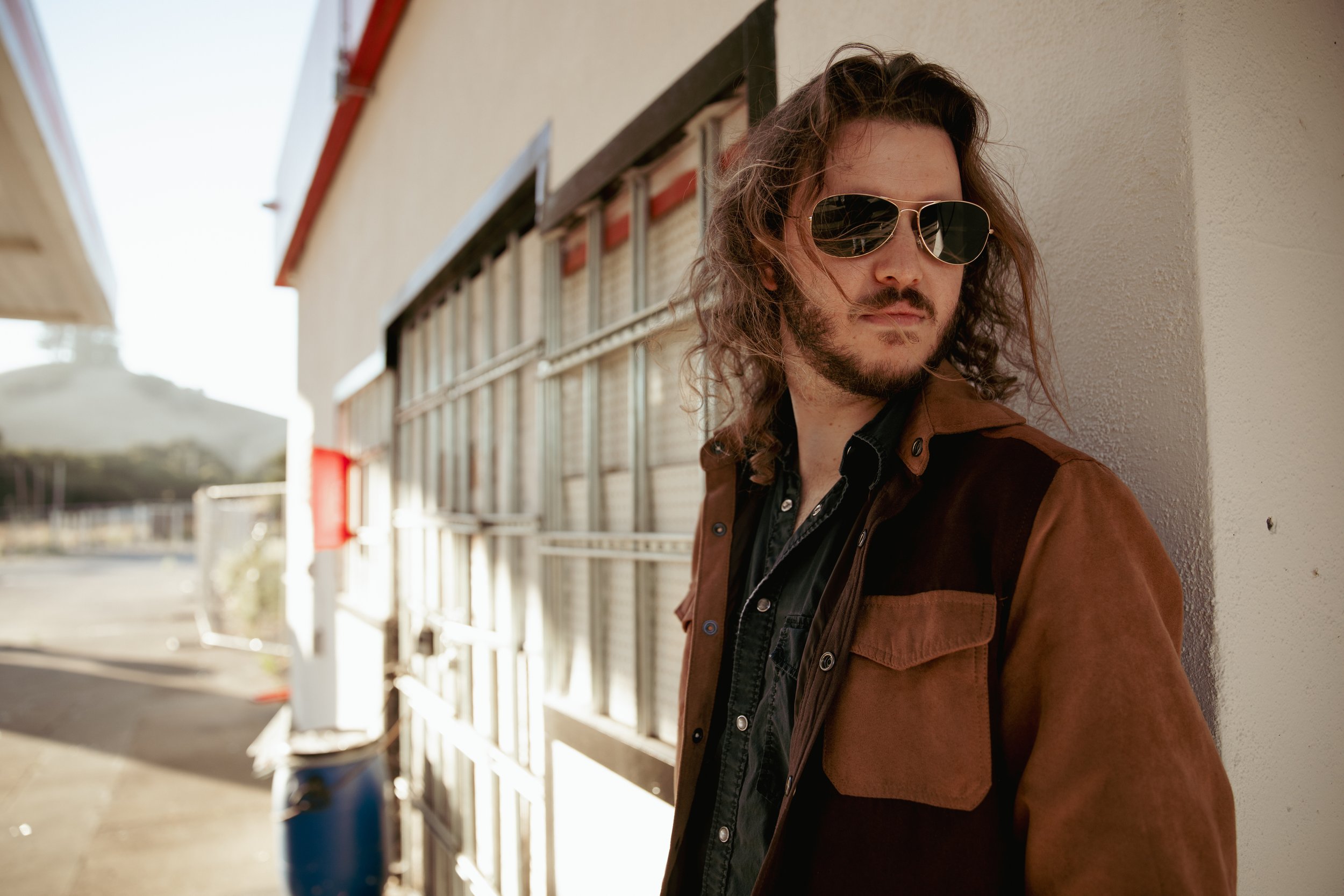Click Image to Download!
Alex Jordan's Queen Kerosene is a melting pot of American roots music, stacked high with sharply-written songs that blur the boundaries between genre and generation. Helmed by four-time Grammy Awards winning producer (and longtime Los Lobos member) Steve Berlin, it's a colorful, kaleidoscopic record whose songs make room for soul, Tex-Mex, groove-driven R&B, Americana, jazz, honky-tonk, and heartland rock & roll.
"I love different tempos, different styles of music, different eras, and different artists," says Jordan, a Bay Area native whose eclectic career reflects his wide-ranging influences. "As a songwriter, there's where I'm coming from. I'm coming from a background that spans decades and genres, and Steve helped me boil that down into something specific."
Queen Kerosene was recorded at The Finishing School in Austin, Texas. The studio was a gear-head's paradise, filled with vintage instruments and tube pre-amps. Working with a band of Austin-based musicians — including harmony singer Carrie Rodriguez and accordion player Josh Baca (the protege of Norteño icon Flaco Jiménez) — Jordan and Berlin captured the album's songs in a series of live takes, emphasizing the chemistry of the players in the room. After the instrumental parts were tracked, the two reworked each song tirelessly, with Jordan scrapping more than 50% of the record's original lyrics in favor of tighter, tauter lines.
The result is a mix of barn burners, piano ballads, Americana anthems, and adventurous explorations of organic roots music. Jordan rides a funky groove during "Tidefall" — a song whose horn arrangement nods to his longtime appreciation for jazz music — and channels Little Feat on the album's closing track, "Saving Grace." The title track, "Queen Kerosene," is heartland rocker for highway drives and unbroken horizons, while "Blue" is a soulful update on The Jayhawks' original, laced with Hammond organ, a horn section, and sonic swagger inspired by JJ Cale.
Before Jordan released his own music, he earned his stripes as a multi-instrumentalist, playing with bands on the West Coast for the better part of a decade. He was a musical Swiss Army knife — a road warrior whose ability to play guitar, piano, and Hammond B3 organ had already landed him onstage with icons like Bob Weir, Phil Lesh, and Peter Rowan. Raised by a high school music teacher in San Mateo County, he first began playing music as a child, picking up the jazz trombone in middle school before transitioning to electric guitar as a teenager. The discovery of his great-grandfather's swing-era songbook introduced him to a broader style of American music, as did the community of friends he met at Phil Lesh's local music venue, Terrapin Crossroads. Jordan began studying the great American songwriters — not just the jazz composers he'd discovered as a child, but rootsy acts like Buck Owens, Merle Haggard, and Crosby, Stills & Nash, too. Years later, while playing an opening set at Levon Helm's barn in upstate New York, Jordan found himself blown away by the evening's headliner: Hayes Carll.
"Hayes' songs were so well-crafted," Jordan remembers. "I'd been spending a lot of time in the jam world, and that style of music requires a lot of improvisation. I've always been a bigger fan of songwriting, though. I'm a fan of craft. That's why I like the Grateful Dead; they're songwriters."
Jordan was a songwriter, too, even though his work as a sideman didn't allow him the opportunity to showcase those skills. Inspired to create music of his own, he found a partner in Steve Berlin, who both championed and challenged Jordan's musical instincts. The process of making Queen Kerosene was equal parts gratifying and grueling, with Berlin pushing Jordan to reach a new edge by sharpening his songwriting. "He was really tough on me," Jordan says of his collaborator. "Steve pushed me out of my comfort zone and made me work hard on my lyrics. He said, 'You're a good singer, but you need to become a better storyteller, too.' We went through every song on the album, line by line, to make sure everything was clear, concise, specific, and relatable at the same time. The experience changed me as a writer. It made me fearless."
That fearlessness is on full display through Queen Kerosene. Many of the album's songs find their narrator in some sort of transit, searching for the next destination amidst life's trials and triumphs. Queen Kerosene explores the connections we all make during those journeys. "My goal as a writer is to say, 'Hey, you're not alone; someone else besides you went through this very same thing,'" says Jordan. "Other people can share the journey with you."
For Alex Jordan, that journey has led him to a solo album that's every bit as incendiary as title suggests. After playing other artists' music for years, he's taking a step forward as a frontman and songwriter, shining his light on a signature sound that pays tribute to timeless American music. It's a sound influenced by the best parts of the past, yet still firmly rooted in the present. Perhaps most importantly, it's a sound of his very own.


